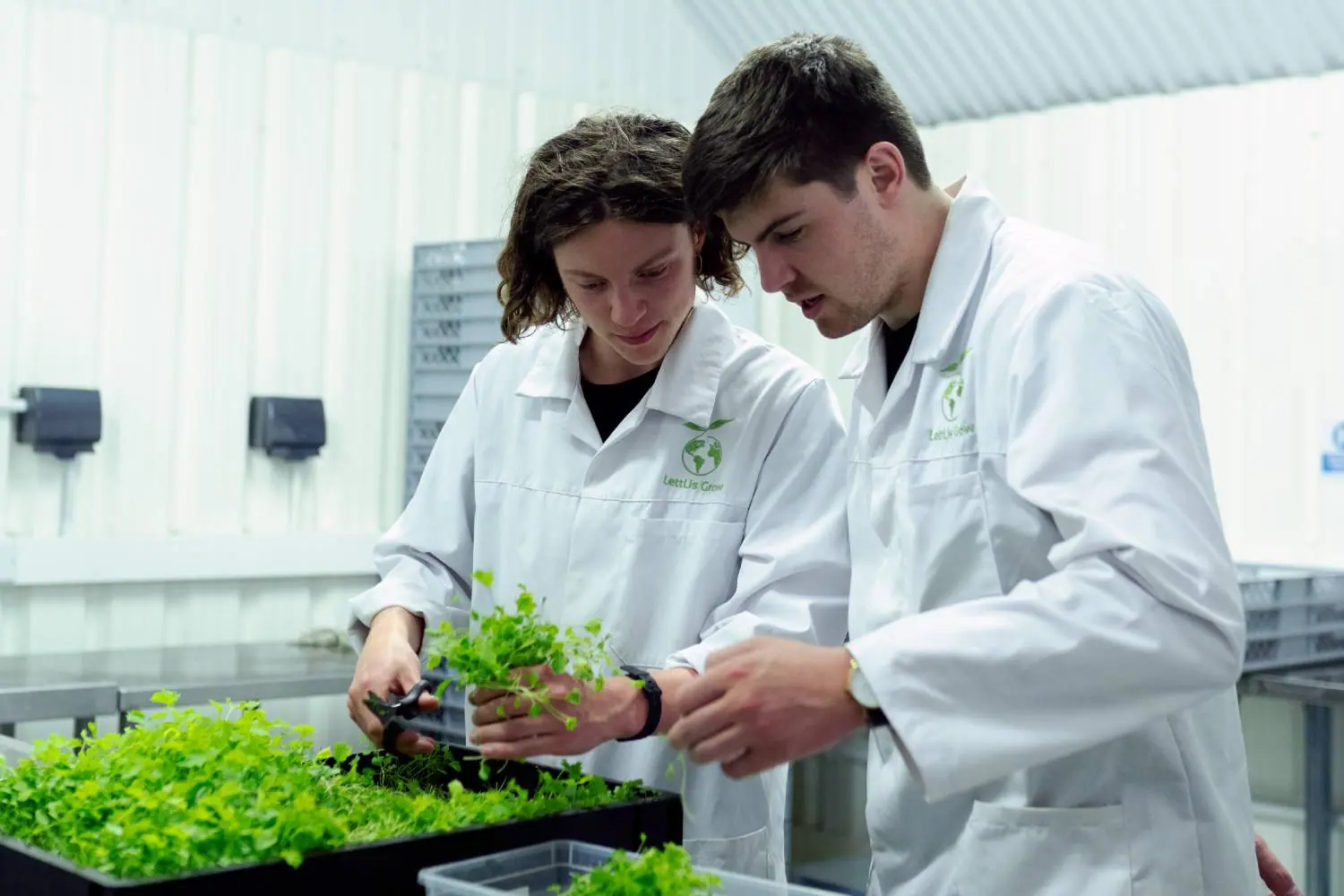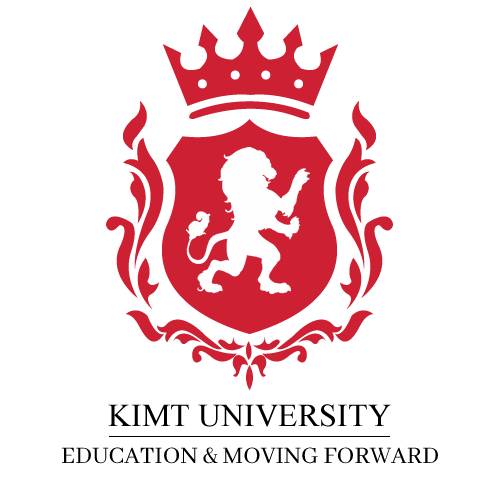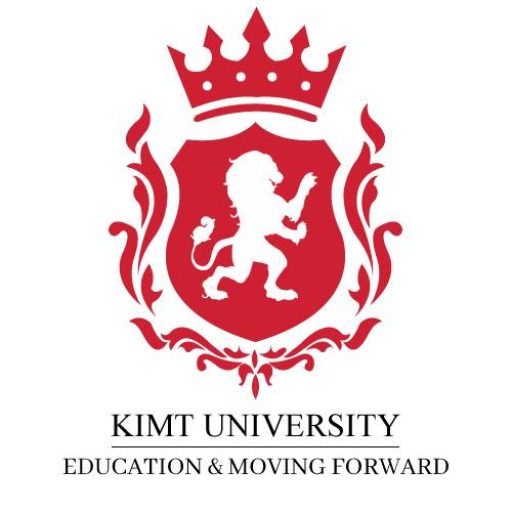
Entry Requirements
Higher Secondary/A Level
Study Mode
Online
Duration
3 years (Regular)/15 months (Fast track)
Timetable
Various
Key Features & Benefits
- Comprehensive Curriculum:Covers core agricultural science disciplines, including crop science, animal science, and agricultural economics.
- Global Standards:Aligned with Georgian, EU, UK, and US educational frameworks.
- Industry-Relevant Skills:Focus on sustainable farming practices, agri-technology, and data-driven decision-making.
- Practical Focus:Project-based learning and a final-year capstone project report.
- Flexible Learning:100% online program, ideal for working professionals and international students.
- Career Preparation:Equips students with the skills needed for various roles in the agricultural sector.
The BSc (Hons) in Agricultural Science program is designed to equip students with the skills and knowledge necessary to address the challenges of modern agriculture, including sustainable food production, environmental conservation, and the application of advanced technologies in farming. This program integrates scientific principles, agricultural practices, and technological innovations to enhance productivity, sustainability, and resilience in the agricultural sector.
Graduates will gain expertise in crop science, animal science, soil science, agricultural economics, and agri-technology. The program emphasizes critical thinking, problem-solving, and practical skills to tackle real-world agricultural challenges.
Upon successful completion of the program, graduates will be able to:
- Apply scientific principles to improve agricultural productivity and sustainability.
- Utilize modern technologies and data-driven approaches in farming practices.
- Implement sustainable agricultural practices to conserve natural resources and protect the environment.
- Analyze and manage agricultural systems for optimal performance and economic viability.
- Demonstrate leadership and ethical responsibility in agricultural and rural development.
- Communicate effectively within multidisciplinary teams and to diverse stakeholders.
- A recognized high school diploma or equivalent qualification.
- Proficiency in biology and chemistry (preferred).
- Applicants who have obtained a Higher National Diploma (HND) of equivalent content and standard (Level 4/5 at RQF Level) may be considered for admission to Stage 3 (Top-up Bachelor in Agricultural Science) under the Recognition of Prior Learning Policy. Such applicants must have completed a minimum of 240 credits in an equivalent agricultural science discipline. Supporting documentation is required at the time of application.
The BA (Hons) in Education consists of 180 credits, divided into core courses and a final project report. Each subject is worth 6 credits, while the capstone project accounts for 18 credits. The course structure is as follows:
Summary of Courses
- Core Courses: 27 courses (162 credits)
- Capstone Thesis: 1 project (18 credits)
What you will Study
- Foundations of Education
- Educational Psychology
- Curriculum Development and Design
- Introduction to Teaching Methodologies
- Sociology of Education
- Educational Technology
- Classroom Management
- Assessment and Evaluation
- Education, Creativity and Culture
- Early Childhood Education
- Comparative Education Systems
- Leadership in Education
- Language and Literacy Education
- Education for Sustainable Development
- Diversity and Multicultural Education
- Research Methods in Education
- Psychology of Learning and Development
- Policy, Legislation and Change in Education
- Learning and Human Development
- Understanding Social and Educational Inequalities
- Professional Ethics, Wellbeing and Reflective Practice
- Educational Ethics and Professionalism
- Global Trends in Education
- Teaching English as a Second Language
- Community Engagement in Education
- Advanced Topics in Education
- Education and Social Justice
- Capstone Project
To successfully complete the BSc (Hons) in Agricultural Science, students are expected to:
- Dedicate approximately 15-20 hours per week to coursework, including readings, assignments, and discussions.
- Actively participate in online forums, webinars, and collaborative projects.
- Complete all assignments, exams, and the capstone project within the stipulated deadlines.
- Maintain regular communication with faculty and peers to enhance learning outcomes.
- Exhibit strong self-discipline and time-management skills to balance studies with other commitments.
- 90% Assignments
- 10% Presentation and Viva
- Capstone Project:Each student submits a research project paper at the end of the program.
All of the following items must be submitted on or before the application closing date. They may be submitted online:
- CV (maximum 2 pages).
- Passport-size photograph.
- A personal statement of approximately 350 – 400 words detailing the applicant’s interest in agricultural science, career goals, and study plan.
- Copies of O/A Level certificates (or equivalent), diplomas, or degree parchments, along with transcripts.
- Applicants whose first language is not English must submit an original English proficiency test certificate.
Students apply to the KIMT online application system. To apply, simply click on and follow the instructions. A non-refundable application fee applies. The application fee is paid online. Further information about applications, contact at admissions@kimtuniversity.com
Request a Follow-Up
Career Opportunities
Graduates of this program will be prepared for leadership roles in areas such as:
- Agricultural Research and Development
- Farm Management and Consulting
- Agricultural Extension and Education
- Agri-Business and Marketing
- Sustainable Agriculture and Environmental Conservation
- Precision Agriculture and Agri-Technology
- Food Security and Policy Analysis
- Livestock and Crop Production Management
- Agricultural Finance and Risk Management
- Digital Transformation in Agriculture
This program prepares students to tackle agricultural challenges, implement sustainable practices, and drive innovation in the agricultural sector worldwide.
The program is accredited by



